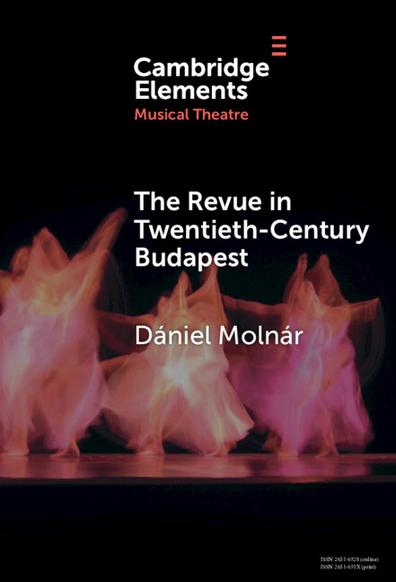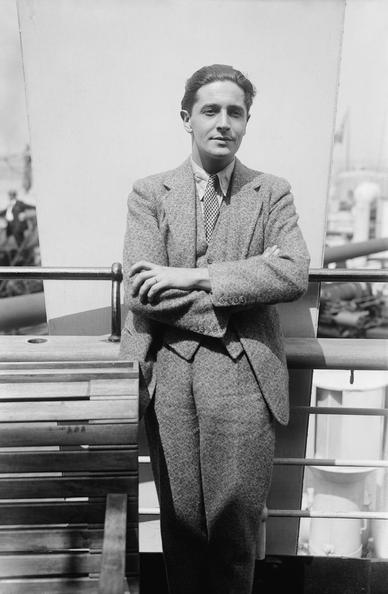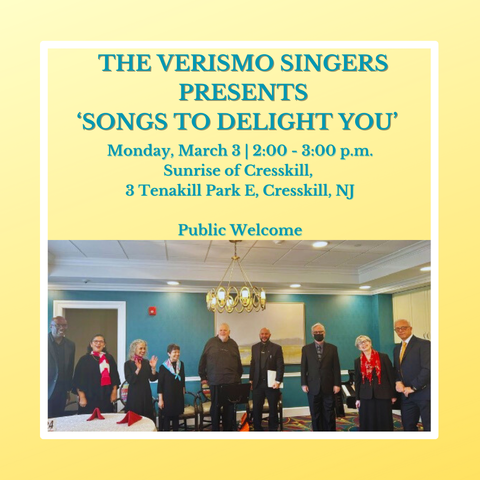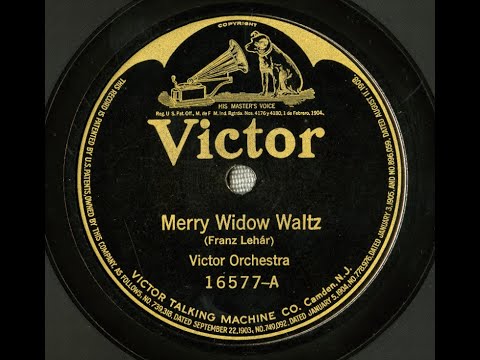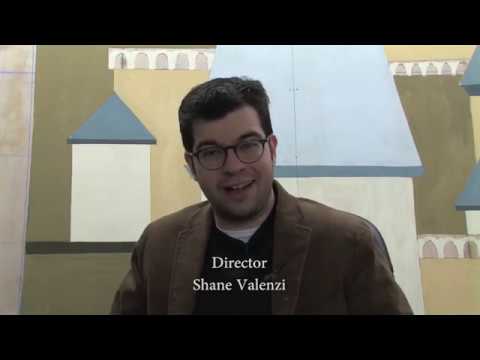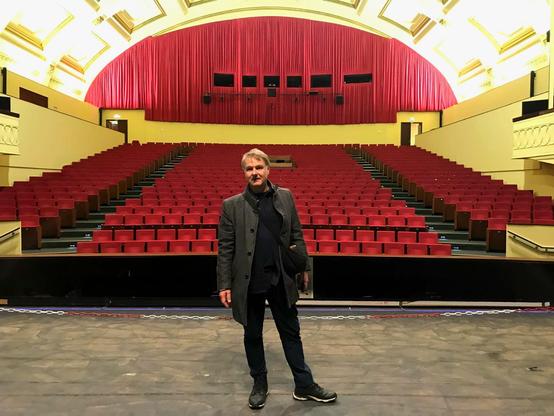I'm posting this here as well as on my usual blob.cat instance, since that one doesn't federate as widely, so I apologise to those who may see it twice.
On 6 March, 1951, the world lost a genius and a truly amazing man. Known mostly for the lovely, romantic music in his operettas such as Glamorous Night, The Dancing Years, Perchance to Dream, and King's Rhapsody, among others, he also wrote one of the most famous songs of World War I (Keep the Home Fires Burning), at least one review (Theodore and Co.), and starred in several silent films and talkies. A man of many talents, Ivor Novello worked with a range of wonderful singers, as well as the librettist, Christopher Hassall, who brought his music to life. Below, I have provided some links for you to enjoy. As a side note, for those looking for gay role models, you should definitely research him. While it was illegal to be openly homosexual during his lifetime, he had a relationship that lasted for thirty-five years!
This is the Wikipedia entry for Ivor Novello.
en.wikipedia.org/wiki/Ivor_Nov…
Since I mentioned him, and since he was such an integral part of Novello's work, here is the entry for Christopher Hassall. It's worth noting that there are several Youtube videos of him reading both his own poetry and the works of others.
en.wikipedia.org/wiki/Christop…
Incredibly, a mere two days after Novelllo's death, those who knew him best created an extraordinary tribute to him. It contains live performances, not only of songs, but of a few scenes from his earlier works and famous operettas, providing an invaluable window into the excellent vocal and acting styles of the time.
IVOR NOVELLO-Man of the Theatre- 8th March 1951
youtube.com/watch?v=etB7t_ETqS…
This is a play in which Novello himself starred. While he didn't normally speak this way (publically, at least) he was from Wales, so this is probably the accent he heard while growing up. This was later turnd into the full-length work entitled Valley of song, and was completed by Christopher Hassall upon Novello's death.
Choir Practice, by Cliff Gordon (BBC, 1946)
youtube.com/watch?v=UsM8_TW0pt…
Here he is narrating a few scenes from King's Rhapsody. This is extremely interesting, because no one else is acting. I'm not quite sure what this was meant to be. That is, a demonstration, a trailer, just the author's thoughts? Regardless, it's a wonderful treat for the ears.
Muranian Rhapsody part 1
youtube.com/watch?v=JIbrYatXPd…
Muranian Rhapsody part 2
youtube.com/watch?v=ciVi8L-KPe…
Finally, here is a wonderful series of highlights from King's Rhapsody, by the original cast!
youtube.com/watch?v=wOu-nuoi3f…
There are several other videos of Novello's work on Youtube, including full films (both silent and talking), individual songs, and a full tribute concert from 1979. But this should serve as a decent introduction.
#composer #gay #operetta #IvorNovello #music #radio #theater #theatre #tribute
